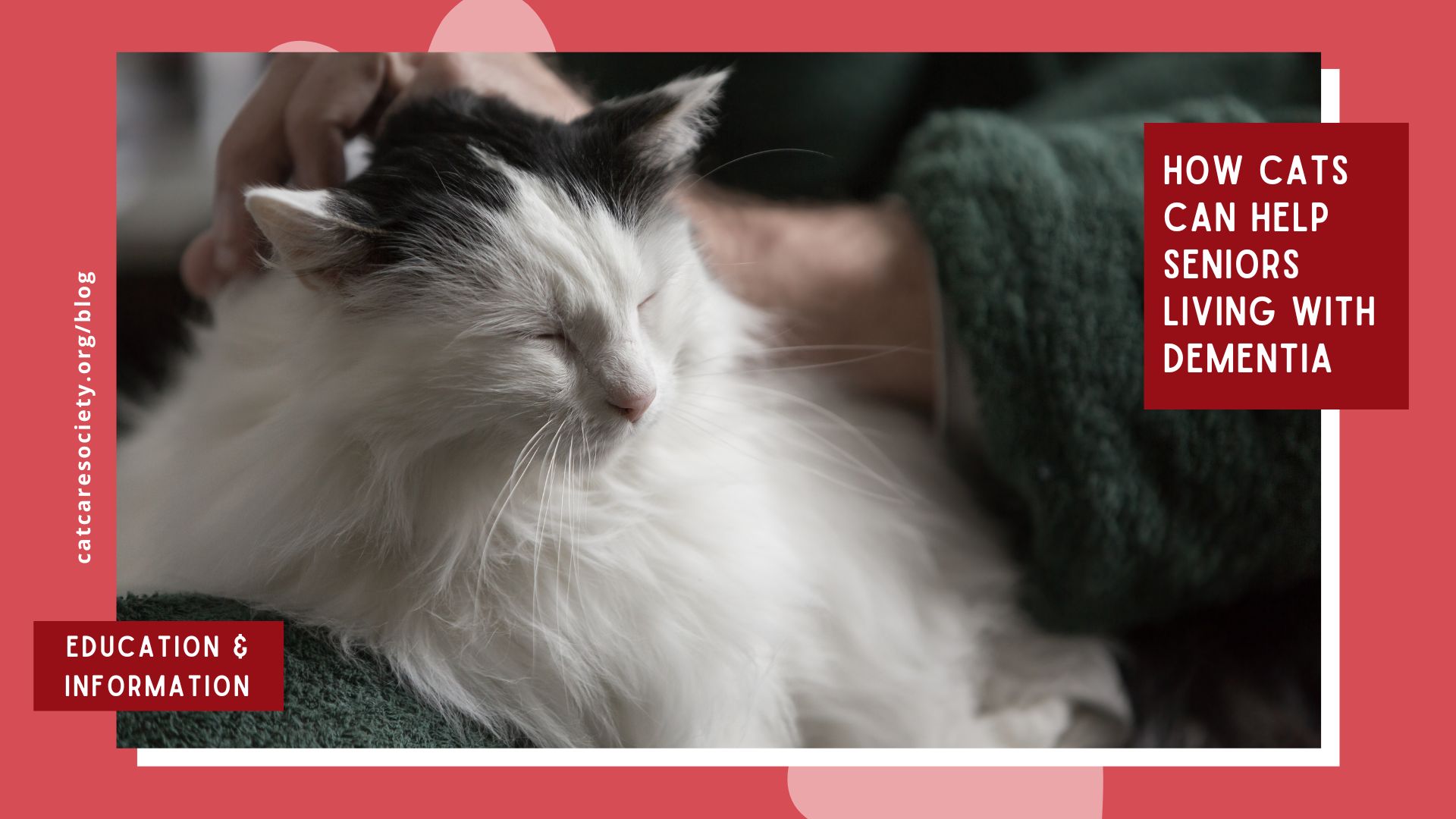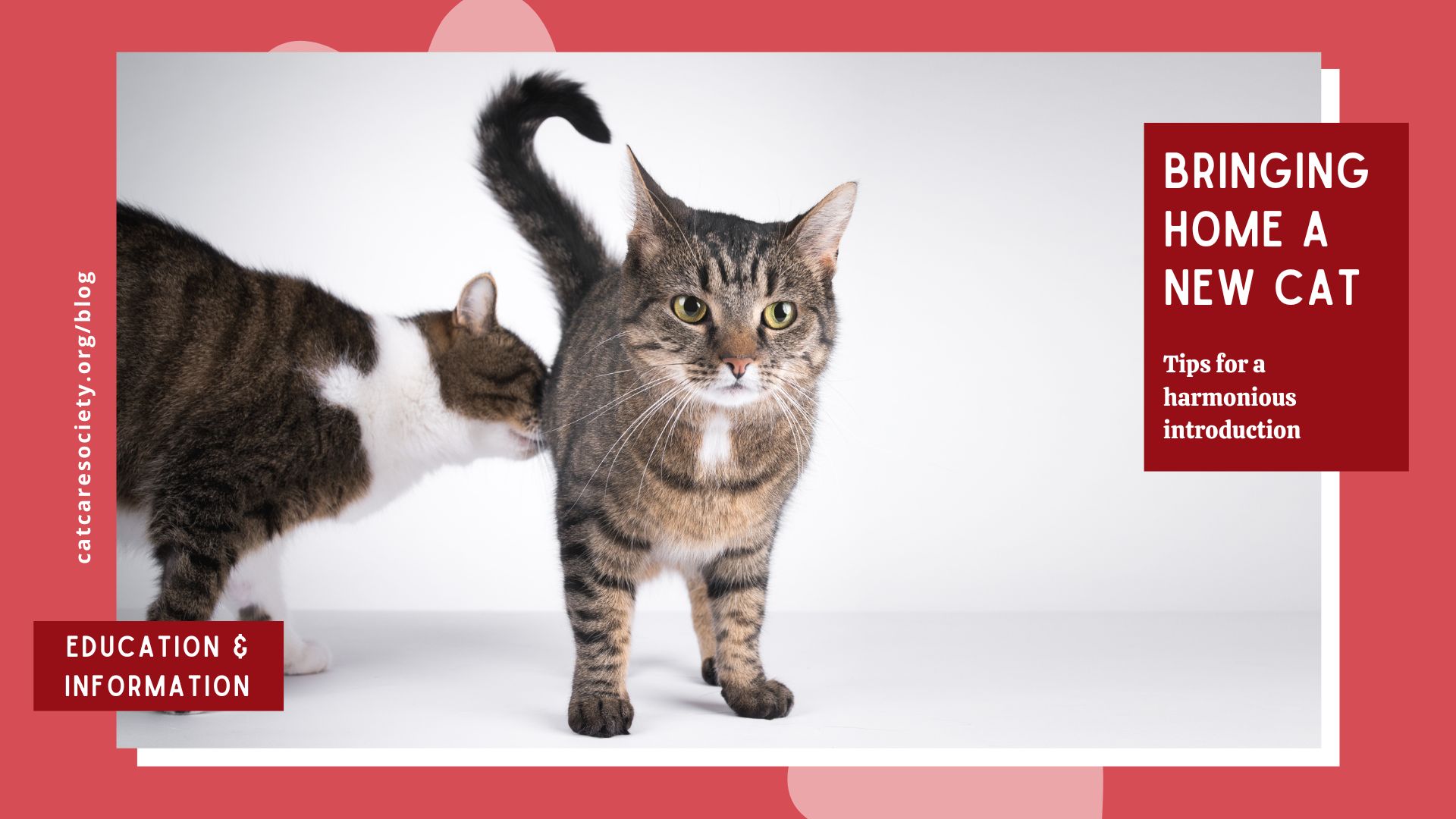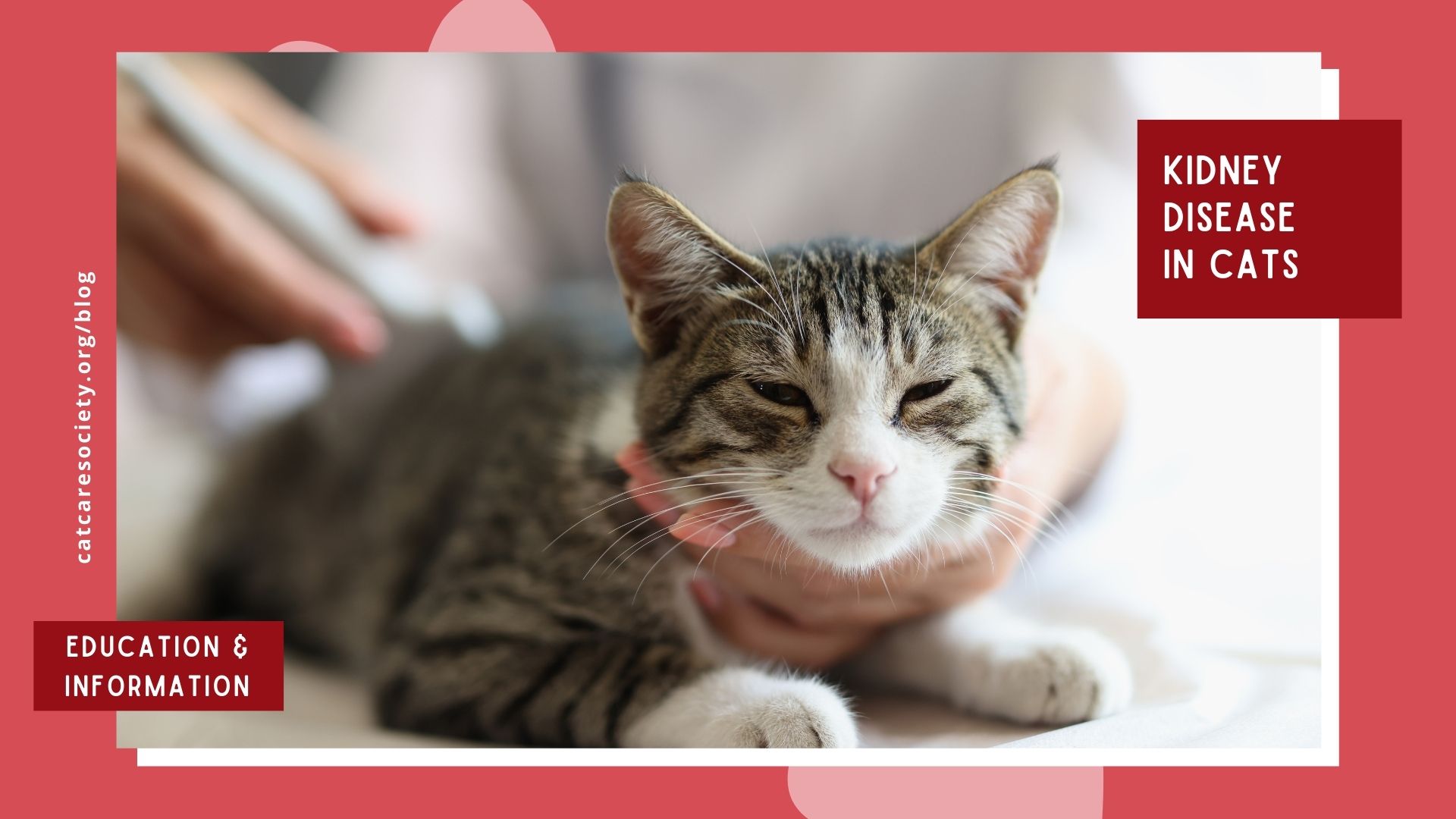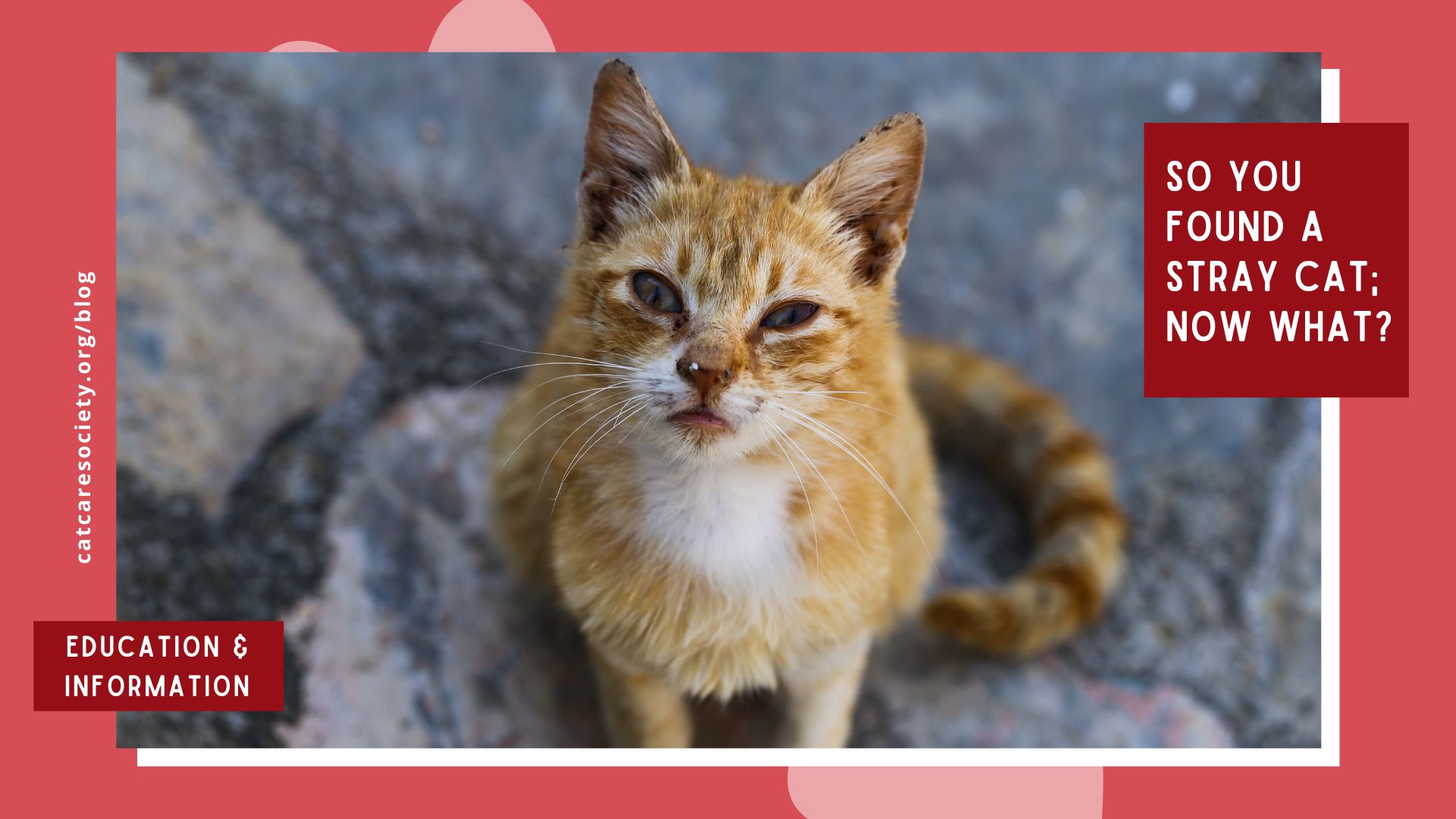As our loved ones age and experience the challenges of dementia, it becomes increasingly important to find innovative ways to enhance their quality of life. One method that has gained recognition in recent years is cat ownership. Cats, with their gentle presence and calming nature, have been shown to have a profound therapeutic impact on seniors with dementia. Here, we will explore the specific benefits of cat ownership for seniors with dementia and discuss the considerations that come with introducing a feline companion into their lives.
Therapeutic Benefits of Cat Ownership
Connecting with animals has long been recognized as a powerful form of therapy for people of all ages. When it comes to seniors with dementia, the benefits of cat ownership are particularly remarkable. Cats offer emotional support and companionship, reduce stress and anxiety, encourage physical activity, enhance social interaction, and even stimulate cognitive function.
The purring sound of a cat can have a calming effect on individuals, lowering blood pressure and reducing the risk of heart disease. The act of petting a cat can release endorphins, the body’s natural feel-good hormones, promoting a sense of well-being and relaxation. This physical interaction with a cat can also help improve motor skills and joint mobility in seniors, contributing to their overall physical health.
Furthermore, the responsibility of caring for a cat can provide a sense of purpose and routine for seniors with dementia, helping to maintain a structured daily schedule. The predictable nature of a cat’s behavior, combined with the warmth and comfort they provide, can create a stable and secure environment for seniors, reducing feelings of confusion and agitation. In essence, the bond between a senior and their cat can be a source of joy and comfort, enriching their quality of life in meaningful ways.
Specific Benefits of Cat Ownership for Seniors with Dementia
Let’s delve deeper into the specific benefits that cat ownership can bring to seniors living with dementia.
Emotional Support and Companionship
Seniors with dementia experience feelings of loneliness, isolation, and confusion. Cats, with their gentle and comforting nature, provide a constant source of companionship and emotional support. The unconditional love and presence of a feline friend can help alleviate feelings of sadness and fill the void that may have been left by a diminishing social circle.
Reduction of Stress and Anxiety
Dementia is accompanied by heightened stress and anxiety levels, making it crucial to find effective ways to manage these emotions. Cat ownership has been shown to reduce stress and anxiety in seniors with dementia, as the act of petting a cat releases endorphins and promotes relaxation. The soothing rhythmic purring of a cat can have a tremendous calming effect, helping to alleviate tension and create a sense of tranquility.
Encouragement of Physical Activity
Maintaining physical activity is vital for seniors with dementia, as it promotes overall well-being and can help delay the progression of cognitive decline. Cats, with their playful and curious nature, provide seniors with engaging stimulation and encourage movement. Activities such as interactive play sessions or simply chasing a laser pointer can help seniors stay active and enhance their physical health.
Enhancement of Social Interaction
Social interaction is of paramount importance for seniors with dementia, as it helps combat feelings of loneliness and cognitive decline. Cats act as catalysts for social engagement, providing topics for conversation, and fostering connections between seniors and their caregivers, family members or fellow residents in care facilities. The shared joy and responsibility of cat ownership can create bonds that transcend the limitations of dementia.
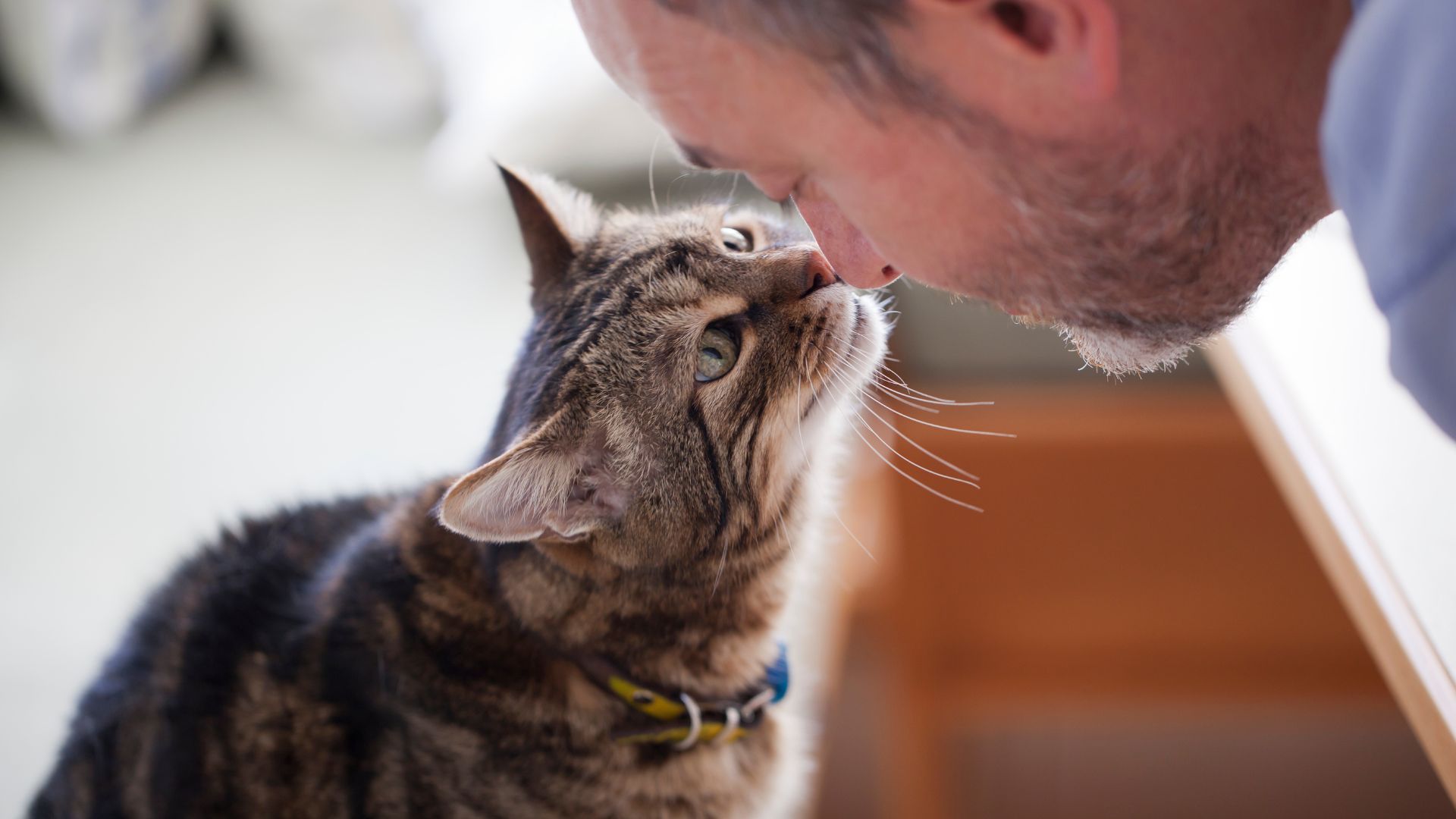
Stimulation of Cognitive Function
Dementia often leads to a decline in cognitive function, including memory loss and diminished problem-solving skills. Cats provide opportunities for mental stimulation and cognitive engagement. Feeding schedules, grooming routines and interactive play sessions with toys can help seniors exercise their cognitive abilities and keep their minds agile.
Moreover, the presence of a cat in a senior’s life can also have additional benefits that go beyond the direct impact on dementia symptoms. For instance, cats can serve as a source of entertainment and amusement, providing seniors with moments of joy and laughter. Watching a cat play or exhibit their quirky behaviors can bring a sense of delight and light-heartedness to a senior’s day.
Considerations for Cat Ownership in Dementia Care
While the benefits of cat ownership for seniors with dementia are abundant, it is essential to consider certain factors to ensure a safe and successful integration. Dementia can impact a person’s ability to care for a pet, so family members or caregivers must be prepared to take on the responsibility. Factors such as allergies, living arrangements and the temperament of the cat itself should also be carefully considered.
One important consideration is the age and energy level of the cat. Seniors with dementia may benefit from a cat that is calm, gentle and easy to handle. Older cats or breeds known for their relaxed demeanor, such as Ragdolls or Persians, may be well-suited for providing comfort and companionship to individuals with cognitive impairments. Additionally, it’s crucial to ensure that the cat is up to date on vaccinations and in good health to prevent any potential health risks to the senior.
Furthermore, creating a safe environment for both the senior and the cat is paramount. This includes removing any toxic plants or substances that could harm the cat and ensuring that the living space is free of small objects that the cat could ingest. Providing designated areas for the cat to rest, eat and use the litter box can help establish a routine that benefits both the pet and the senior. Additionally, regular veterinary check-ups and grooming sessions can contribute to the overall well-being of the cat and enhance the bond between the senior and their feline companion.
Final Takeaways
In conclusion, the therapeutic impact of cat ownership for seniors with dementia cannot be overstated. Cats offer a unique form of companionship and support that has been shown to improve the quality of life for individuals grappling with cognitive decline. From emotional comfort to physical stimulation and cognitive engagement, the benefits of having a feline companion extend far beyond simple pet ownership.
About the Author: Mary Anne Roberto is the co-founder of Always Home Connected and a dedicated CNA and PAC Certified Independent Consultant, specializing in dementia care. One of her goals is to create awareness about those experiencing cognitive changes and to provide caregivers with resources and tools that are necessary to help alleviate some of the challenges caregivers face on a day-to-day basis.
This post was authored and edited according to Cat Care Society’s editorial standards and style. Opinions expressed may not necessarily reflect that of CCS.
